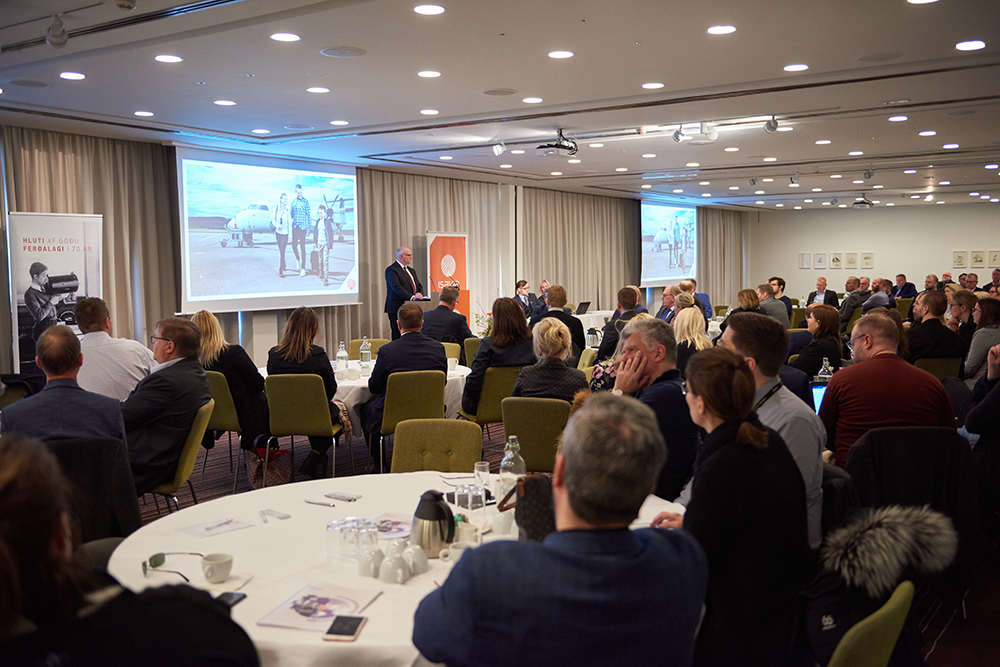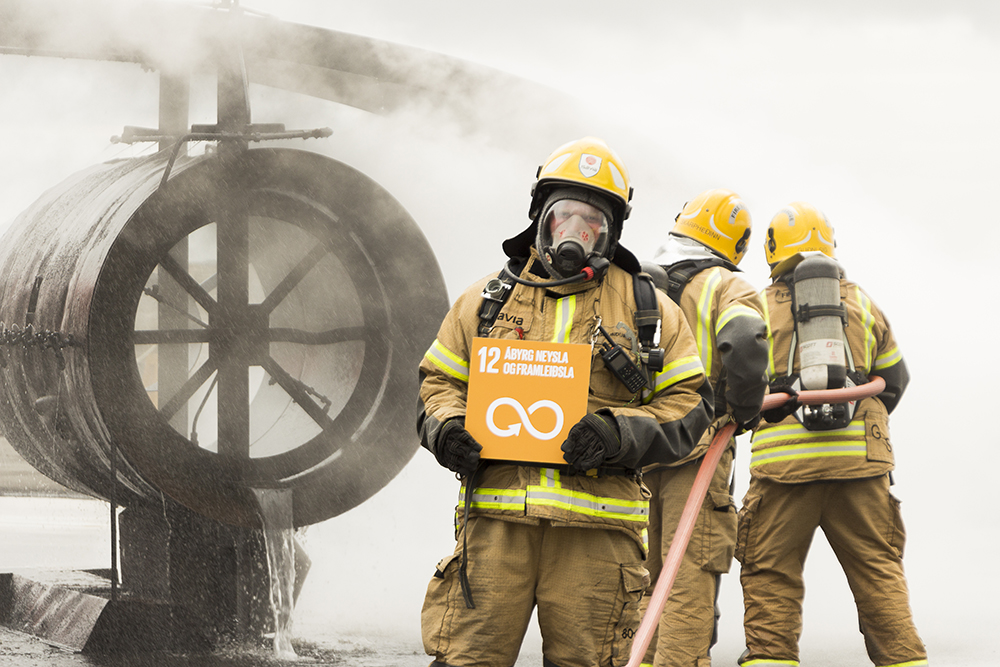The authorities
Communications with the authorities take many forms. The state is the owner of the company, and it follows the general owner policies of the state in its operations. The Ministry of Finance and Economic Affairs has overall control of the shares, and formal communications are carried out at shareholders’ meetings and the Annual General Meeting. Other communications with the owner take place during meetings which are convened as needed.

The Ministry of Transport and Local Government plays a two-fold role in connection with operations of Isavia: 1) as the professional ministry for air traffic issues, and 2) as a business partner of the company as regards the running of the domestic airport system. The company has a seat on three committees and boards operated by the Ministry: The Professional Board for Aviation Issues, the Facilitation Board and the Transport Board (permanent representative). The company has regular professional communications with the Ministry on aviation issues and close collaboration as regards the implementation of the service agreement. The company has representatives in various Ministry committees dealing with aviation issues.
Meetings are also held a few times a year with the Ministry of Industries and Innovation in connection with tourism issues. The Ministry has established a Flight Development Fund aimed at strengthening international flights to Akureyri and Egilsstaðir, and Isavia has a representative on the Board of the Fund. The company also has one representative on the Promote Iceland Board responsible for the ‘Inspired by Iceland’ and ‘Iceland Naturally’ marketing projects, which are intended to raise awareness of Iceland as a tourist destination. Meetings are also held with the Ministry of Foreign Affairs and the Icelandic Coast Guard in connection with defence-related operations at Keflavík Airport and the Airport’s organisational issues.
Isavia has a great deal of interaction with many public bodies, owing to the diversity of the company’s activities. The closest interaction is with the Icelandic Transport Authority, which issues operating permits for airports and flight controls and is responsible for the appropriate supervision of implementation and operations. Other monitoring bodies of note are the National Centre for Hygiene, Food Control and Environmental Protection, the Construction Authority, the Administration of Occupational Safety and Health, the Health Authorities, the National Planning Agency and the Environment Agency. Many public bodies have operating units within or in close collaboration with the company, such as the police, the Directorate of Customs, the National Civil Protection Authorities and the Coast Guard. The municipal bodies connected to the operation of Isavia are mainly the health authorities, fire protection and fire brigades.
Isavia is responsible for the implementation of two international agreements on flight navigation services. One is ICAO’s Joint Financing Agreement, with 24 states as signatories, which provides for the financing of flight navigation services within the Icelandic flight information region (Reykjavík IFR). The other is the agreement between the Icelandic and Danish authorities for flight navigation services within the flight information region of Greenland.
Isavia is also monitored by and collaborates with foreign entities, the principal one being the International Civil Aviation Organisation (ICAO), a United Nations agency. ICAO establishes international standards for all main aspects of civil aviation and monitors the performance of states and service providers. ICAO also monitors the performance of the abovementioned ‘Joint Finance’ agreement. As regard the company’s operations in Greenland and the Faroe Islands, Isavia is monitored by the Trafik- og byggestyrelsen (Transport, Construction and Housing Authority) in Denmark, and as regards collaboration on flight communications services in the North Atlantic, there is close communication with the Irish Aviation Authorities. In the arena of the Borealis collaboration, the company collaborates with the European Aviation Safety Agency (EASA).



